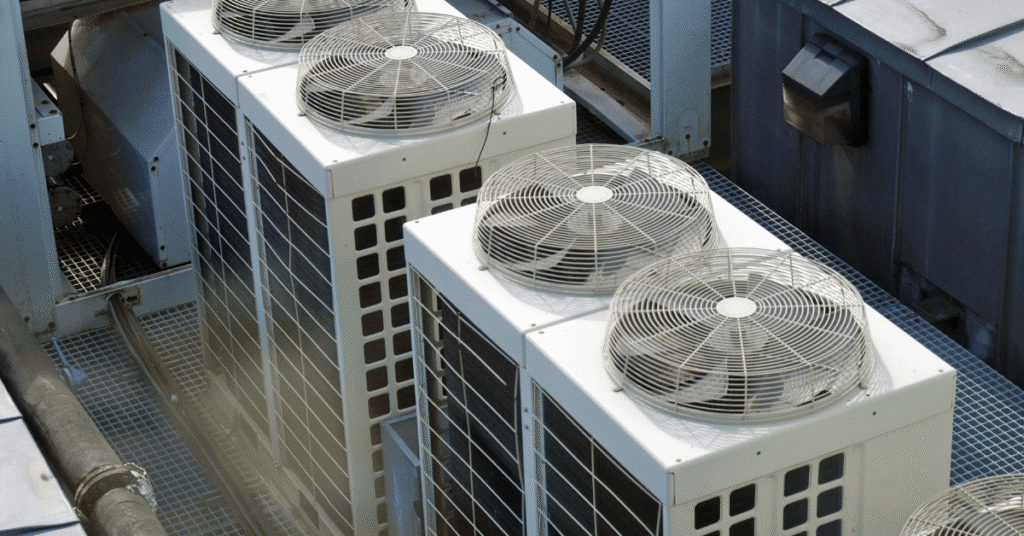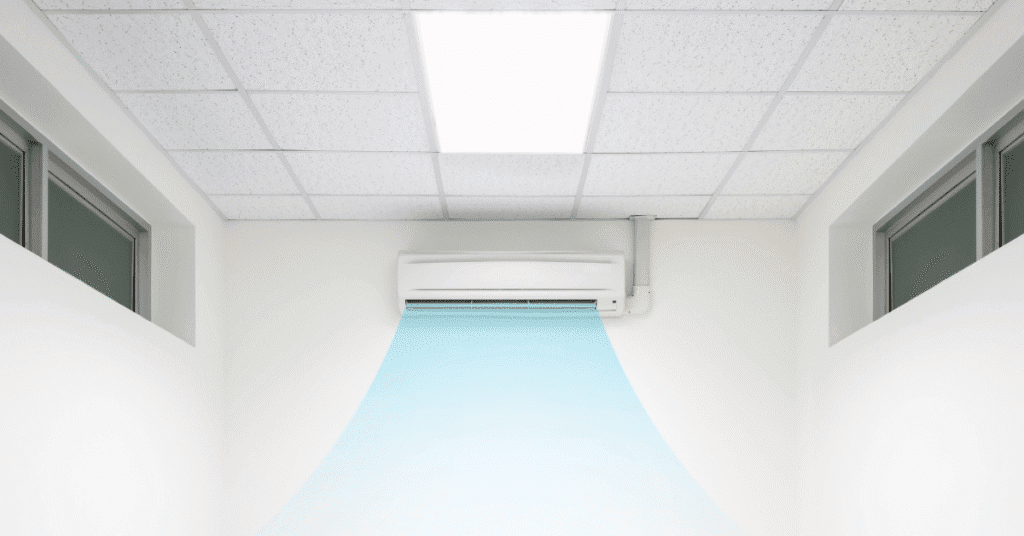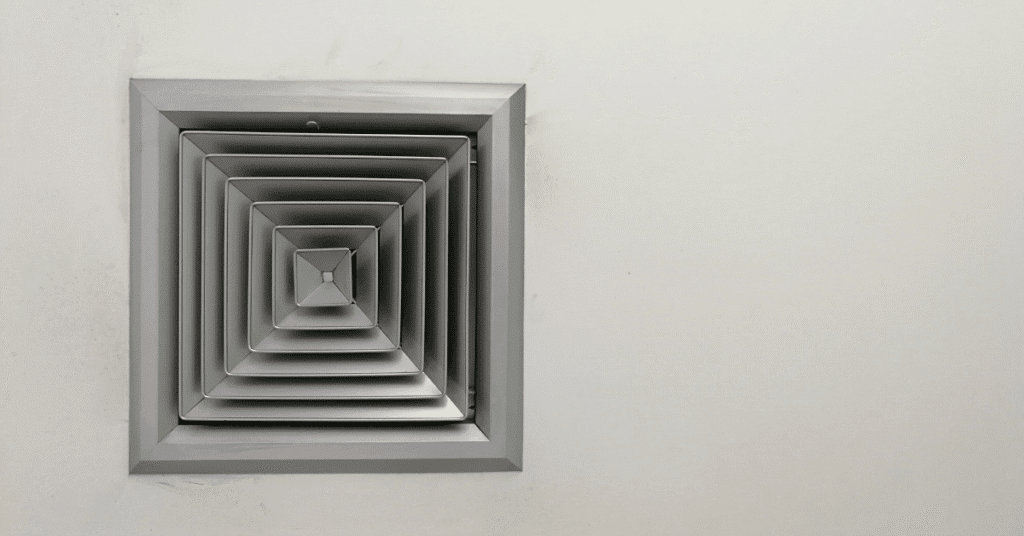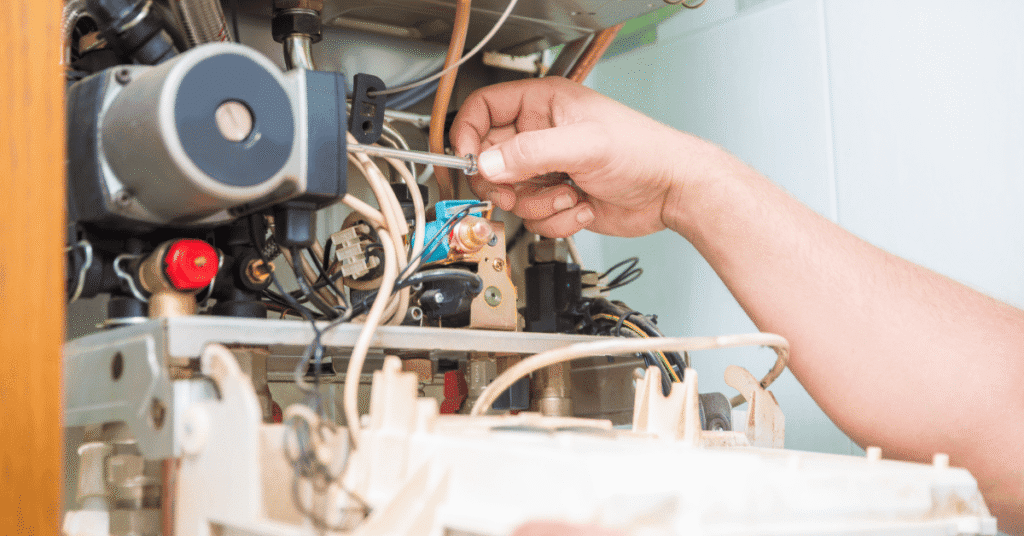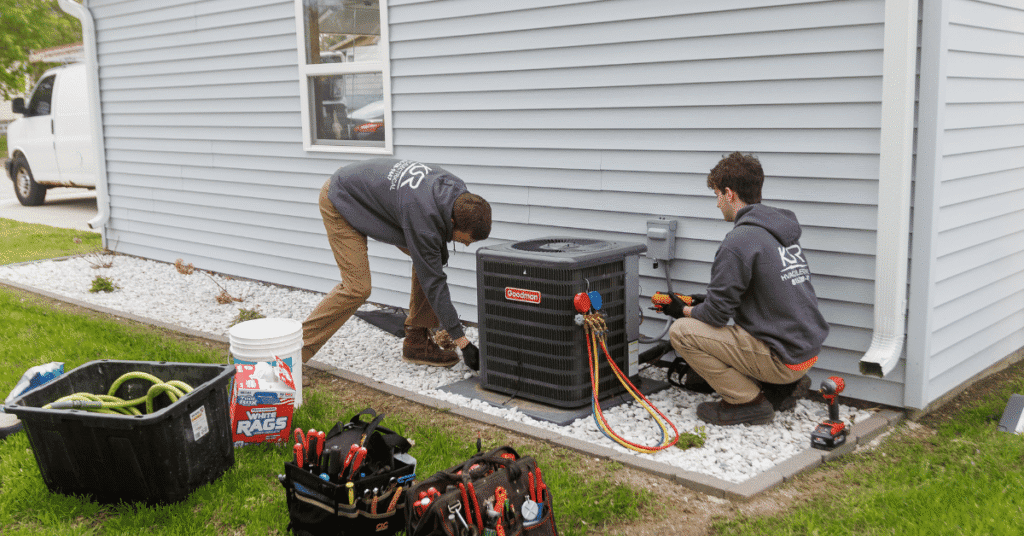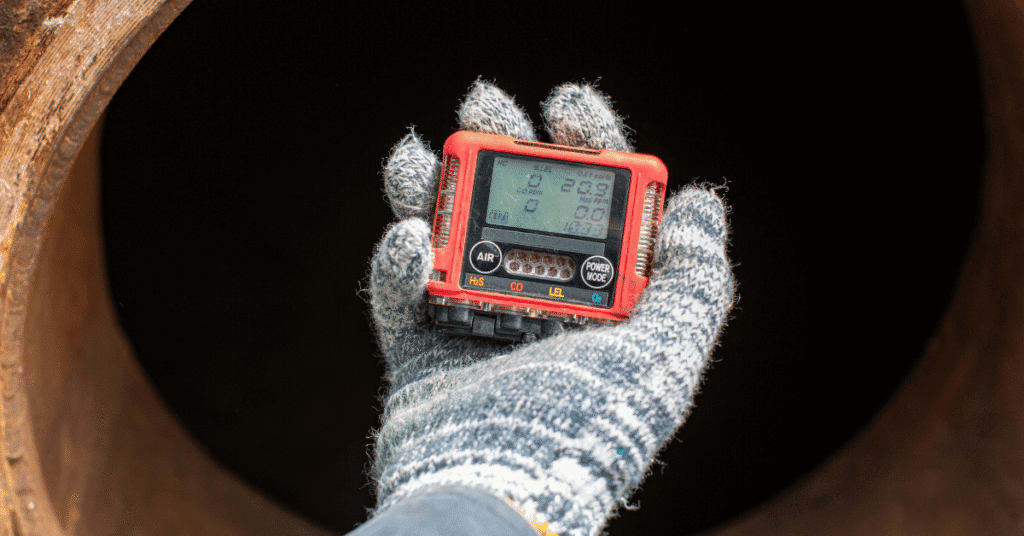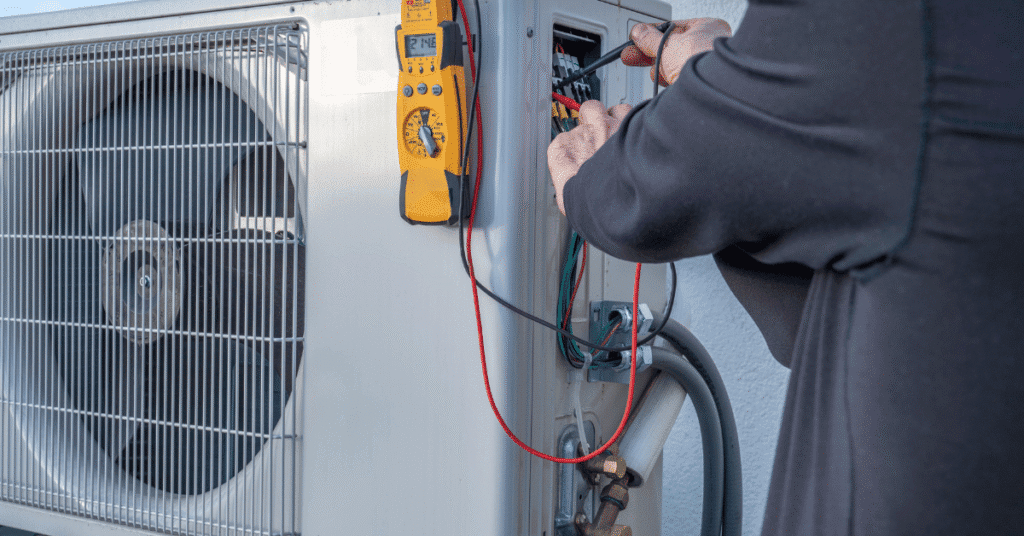Heat Pump vs Traditional HVAC Systems: When it comes to heating and cooling your home, the choice between a heat pump and a traditional HVAC system is important, especially in Illinois where winters are cold and summers can be humid. Whether you’re planning a new installation or upgrading your current setup, understanding the difference between heat pumps vs conventional HVAC can help you make an informed decision.
At KSR HVAC & Electrical, LLC in Minonk, IL, we guide homeowners through selecting the right heating and cooling system that matches their budget, comfort needs, and energy efficiency goals.
What Is a Heat Pump?
Heat Pump vs Traditional HVAC Systems: A heat pump system is an energy efficient way to heat and cool your home. Instead of generating heat, it moves heat from one area to another. In summer, it removes heat from inside to outside, acting like an air conditioner. In winter, it absorbs heat from the outdoor air even in cold temperatures and transfers it indoors to provide heat.
Heat pumps use electricity only, making them cleaner compared to fossil-fuel-based systems. Air-source heat pumps are the most common type of heat pump, while geothermal heat pump options are available for even higher energy efficiency.
What Is a Traditional HVAC System?
Heat Pump vs Traditional HVAC Systems: A traditional HVAC setup typically includes a furnace for heating and a central AC system for cooling. The furnace can run on gas, propane, oil, or electric resistance heating, while the air conditioning system relies on electricity. This setup is more common in Illinois due to the need for strong central heat during harsh winters.
Key Differences Between Heat Pumps and Traditional HVAC
Heat Pump vs Traditional HVAC Systems: Difference between a heat pump and a conventional HVAC comes down to how they operate and the equipment involved.
Heating Method:
- Heat pump moves heat instead of generating it.
- Furnace to provide heat uses combustion or electric heat.
Energy Source:
- Heat pump’s primary source is electricity.
- Conventional HVAC often combines gas or oil with electricity.
Equipment Setup:
- Known as a split system, a heat pump uses one unit for both functions.
- Traditional setups require separate furnace and AC units.

Efficiency:
- Efficiency of a heat pump is generally higher in mild climates.
- A traditional air conditioner paired with a furnace works better in extremely cold climates.
Heat Pump vs Traditional HVAC
| Feature | Heat Pump | Traditional HVAC |
|---|---|---|
| Heating Method | Moves heat | Generates heat via combustion/electric |
| Energy Source | Electricity only | Gas/oil + electricity |
| Equipment | One unit for heat & cool | Separate furnace + AC |
| Efficiency | Best in mild climates | Better in extreme cold |
| Pros | Year-round use, lower bills, better cooling | Strong heating, easy repairs, long life |
| Cons | Needs backup in extreme cold, higher upfront cost | More maintenance, higher winter costs |
| Cost | Higher install, lower long-term bills | Lower upfront, higher winter bills |
| Comfort | Dehumidifies in summer | No humidity control |
Pros and Cons of Heat Pumps
Advantages:
- One type of system for all seasons: pump can heat and cool.
- Lower energy bills compared to traditional air conditioners in mild climates.
- Better air conditioning efficiency during summer.
Drawbacks:
- May need supplemental ducted heat or heat strip in extreme cold.
- Installing a heat pump can be more expensive initially.
Pros and Cons of Traditional HVAC Systems
Advantages:
- Strong heating in extreme cold with electric resistance or gas furnaces.
- Easier repair since parts are widely available.
- Can last longer than heat pumps in certain conditions.
Drawbacks:
- Requires cleaning and maintenance for both furnace and AC separately.
- Higher winter operating costs compared to high-efficiency heat pumps.
Cost Considerations
- Installing a heat pump may involve ductwork changes.
- Replacing a conventional air conditioner or furnace individually may cost less short-term.
- Heat pumps operate more efficiently for most of the year, potentially lowering long-term bills.

Indoor Air Quality & Comfort
Both systems can be paired with an air handler and advanced filters. Heat pumps provide dehumidification benefits in summer, while furnaces do not affect humidity.
Which Is Right for Illinois?
In Illinois, many homeowners prefer a heat pump or a conventional HVAC hybrid, also called dual-fuel. This setup uses a heat pump during mild weather and switches to a furnace when temperatures drop. It’s a practical system for your home that balances comfort and cost.
If you’re in Illinois and need expert guidance on choosing, installing, or servicing your heating and cooling system, contact KSR HVAC & Electrical, LLC today. Our experienced team is here to help you find the perfect solution for your comfort, budget, and energy efficiency needs.
